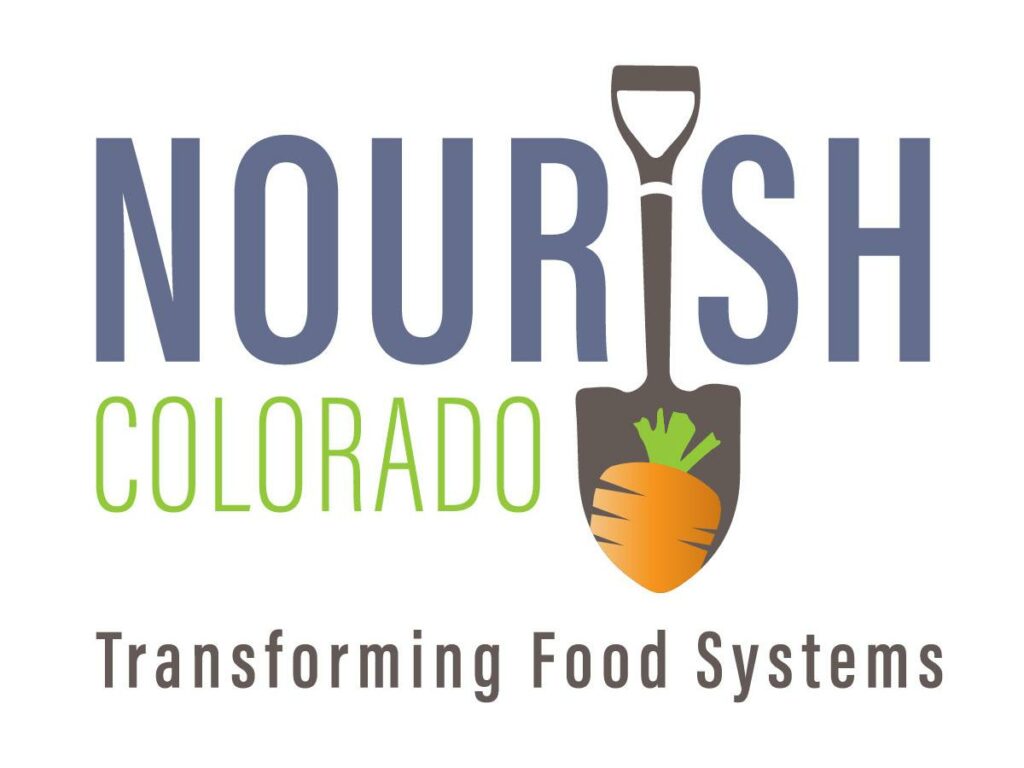
I left PolicyLink’s Equity Summit 2015, which brought together over 3,000 social justice advocates, knowing that I could not keep the lessons I learned and the conversations I had over the weeklong conference to myself. As I reviewed my notes, I decided to share some quotes that I found impactful for my work at LiveWell Colorado.
1) “Collaborations to solve complex social problems focus on evidence, relationships, and adaptive solutions to problems that took a long time to get where they are. They require numerous interventions and not one magical solution.”
Having worked for nonprofits for most of my career, I know how challenging collaboration can be. That’s why I was particularly impressed by a food procurement workshop that addressed how acquiring food locally can improve access to healthy food for low-income families and communities of color, support entrepreneurs, and create jobs. As a result of collaboration with its stakeholders, Los Angeles Food Policy Council adopted a Good Food Purchasing Pledge that harnesses the purchasing power of major institutions to encourage sustainably produced food, healthy eating, respect for workers’ rights, humane treatment of animals and support for the local economy.
2) “If a policy doesn’t pass a racial equity test, it’s not progressive.”
If policy efforts aren’t considering the implications for racial equity, and advancing work that deconstructs those systemic barriers, then the work can be a waste. While obesity has increased among all populations across the U.S., racial and ethnic minorities are disproportionately affected. In order for obesity prevention and policy work to be effective, we must focus on removing barriers to healthy eating and physical activity—especially for disproportionately affected and underserved groups.
3) “We are here to work with people, not for people or to people.”
Policy change requires organization, leadership, energy, vision, and collaboration—but it doesn’t require a Ph.D or J.D. Equity work starts with and is led by the voices of oppressed people who understand the need to challenge systemic barriers. A transformational policy agenda will only come from leaders’ ability to garner, listen, and support the ideas of individuals with lived experiences.
4) “Some people may try to change, weaken, and cheapen equity work.”
I fear the term “equity” has become a somewhat meaningless buzzword. It is easy to say “we understand and prioritize equity work,” but much harder to operationalize that intention. Equity work is bold. It changes business as usual and demands examination of every single decision and action. This work is messy and imperfect. It is personal and painful for people who experience oppression on a daily basis. For allies, it requires a commitment to humility and the ability to take responsibility for our prejudices and accept feedback with gratitude.
Like many organizations, LiveWell Colorado is learning how to operationalize equity work. It is work that is never “finished” or “achieved,” but learning, growth, and commitment in this area must be continuously renewed and integrated into the core of any organization that hopes to effect meaningful, long-term change to health inequities in the communities it serves.
